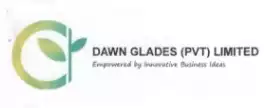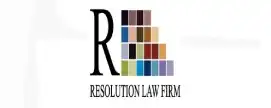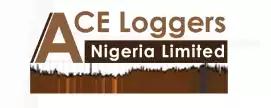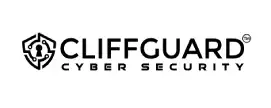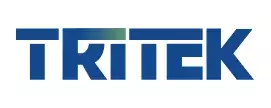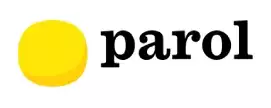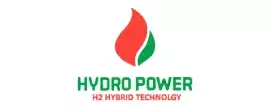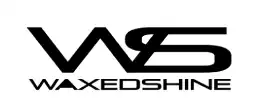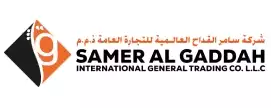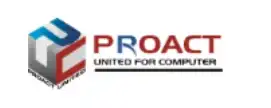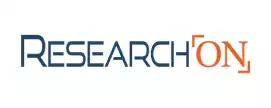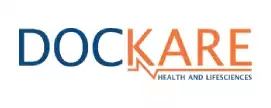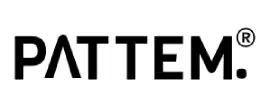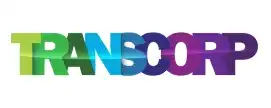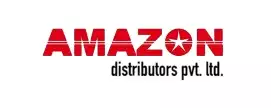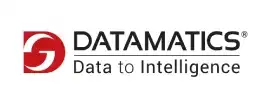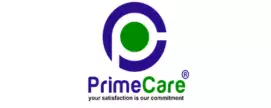RoHS Certification
Implementation, Consulting, Auditing & Certification at one place . We focus on taking your business to new heights.
Request a Call Back
Get Free Consultation
Have any Questions?
Mail us Today!
Contact@b2bcert.com
Overview
Based on the use of the aforementioned materials in the majority of electrical and electronic equipment, RoHS Certification is a product-level compliance standard (EEE). According to the RoHS Directives, hazardous chemicals must be eliminated in order to ensure that the quantities of specific hazardous compounds in electronic and electrical devices are regulated. Reducing some substances helps to protect both the environment and human health. All items need to be managed and monitored to comply with RoHS regulations. Testing for the presence of prohibited chemicals is required for all new products.
Lead (Pb), mercury (Hg), cadmium (Cd), hexavalent chromium (Cr), polybrominated biphenyls (PBB), and polybrominated diphenyl ether are a few of the compounds that are illegal to use (PBDE). The use is either prohibited or limited by the RoHS compliance certificate. any electrical or electronic device containing these dangerous chemicals (EEE). In order to maintain the safety of the devices and adherence to the RoHS Directive, the RoHS Directives say that hazardous compounds should not be introduced to any products and, if required, should be kept within the limits set in the Directives.
Process
Look over the records Check the status of the papers and confirm the extent of the necessary testing. Bills are examined, material declarations for each product and component are made, assembly drawings, conformity certifications, test results, and a compliance file are uploaded to the company’s network.
The RoHS Certification procedure begins with testing. The presence of the 10 forbidden RoHS chemicals below the RoHS threshold is assessed by on-site or XRF testing, lab phthalate solvent extraction testing, or both.
Following testing, all pertinent manufacturing processes are inspected on-site for conformity with RoHS. The investigation A comparison of the goods and the prohibited items under supervision substances and a thorough factory inspection that includes quality control are all included in the process. To ensure compliance, several auditing firms carry out yearly follow-ups that may involve sampling.
Licensing: A RoHS certificate, sometimes called a Certificate of Conformity or a Declaration of Conformity, is given out following the audit’s successful conclusion.
Cost of RoHS Certification
limits the use of dangerous compounds and offers traceability for product safety. The annual income of a company and the size of the industry affect RoHS prices.
Benefits
Instant Business Growth
Management
Reduced waste
Reduces errors
Improved delivery and production schedule
Annual evaluations uphold standards.
Benefits of ROHS Certification
- Consumer safety is ensured by refraining from using them or limiting their use.
- The goal of customer satisfaction has been met.
- EEE’s prevention and eradication of pesticides.
- E-waste helps prevent resource depletion and decrease.
- RoHS cost consists of savings from fewer recalls or damages.
- Opportunities in the international market are better.
- enhancement of product quality.
- Merchandising advantages
- acquire new customers.
Advantages of RoHS Certification
- Improved internal communication and process management.
- It is a guarantee of the quality, safety, and dependability of food products.
- It saves money that would have been spent on recalls of defective products.
- A significant improvement in your market image and brand loyalty.
- Greater trust in disclosures.
- Foodborne disease prevention
- Increase in employee morale.
- Effective resource utilisation.
- Controlling food safety hazards in a timely and effective manner.
- Systematic administration of prerequisite programs.
- Effective decision-making.
Our Advice
Assuming that you are considering how to get RoHS Certification. If it’s not too much trouble, contact B2BCERT, a main worldwide organization giving interviews, confirmation, reviews, and other related help all over the globe. You can undoubtedly arrive at B2BCERT by just visiting www.b2bcert.com where you can talk with a specialist or you can likewise compose an inquiry to contact@b2bcert.com so one of our masters will reach you at the earliest to give the most ideal arrangement on the lookout.
Our Services
- ISO Certification
- ISO 9001 Certification
- ISO 14001 Certification
- ISO 45001 Certification
- ISO 22000 Certification
- ISO 27001 Certification
- ISO 13485 Certification
- ISO 17025 Certification
- ISO 27701 Certification
- ISO 20000-1 Certification
- ISO 27032 Certification
- ISO 22483 Certification
- ISO 26000 Certification
- ISO 22301 Certification
- ISO 42001 Certification
- ISO 42001 Certification
- ISO 27017 Certification
- ISO 27018 Certification
- ISO 50001 Certification
- ISO 27014 Certification
- ISO 29990 Certification
- ISO 37001 Certification
- ISO 41001 Certification
- ISO 21001 Certification
- ISO 55001 Certification
- ISO 28000 Certification
- ISO 22716 Certification
- ISO 15189 Certification
- ISO 41001 Certification
- FSSC 22000 Certification
- OHSAS 18001 Certification
- SA 8000 Certification
- HACCP Certification
- GMP Certification
- GDPR Certification
- GDP Certification
- GLP Certification
- HIPAA Certification
- PCI DSS Certification
- SOC 1 Certification
- SOC 2 Certification
- VAPT Certification
- CE Certification
- ROHS Certification
- BIFMA Certification
- FCC Certification
- HALAL Certification
- KOSHER Certification
- NEMA Certification
- Certification of Conformity
- GHP Certification
- Free Sale Certification
- FDA Certification
- GACP Certification






















